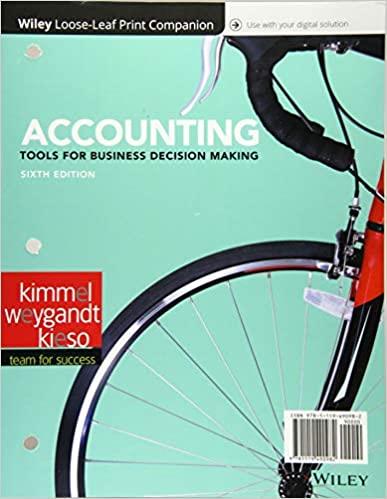Question
David, when we take a look at say outstanding consumer credit card debt, it's at a record. How sustainable do you think that this is?
David, when we take a look at say outstanding consumer credit card debt, it's at a record.
How sustainable do you think that this is?
I think you're going to see that ease a bit going forward.
I think what's interesting is, for the big banks-- you mentioned JP Morgan Chase's charge offs rising.
For them and for Citi, they were a little bit later to start to aggressively lend in the credit card space coming out of the credit card crisis, whereas companies like Capital One and Discover were a little earlier on.
So that explains part of the rise in charge offs.
But as for the rise of consumer debt, there's all kinds of companies, including now Goldman Sachs, that are in the business of trying to help people consolidate that debt and reduce the rate that they pay on credit cards by taking out a personal loan.
So I'm talking the likes of Lending Club, Goldman Sachs.
And you know some of the credit card companies, including Amex and Citi, are now offering personal loans to their credit card customers too, because you know, they don't want to lose those high interest rate balances completely to competitors.
David what is the relationship, if any, between wages on the one hand and debt on the other for the household.
As people make more money-- because we're starting to see wages go up some.
As they make more money, do they pay off the loans, or do they even borrow more?
I think it's a combination of both, and you bring up a good point.
It's a little-- it's soon to see how the tax cuts that were recently passed are going to impact folks.
I think you're going to see some combination of people paying down debt and also spending a little bit more.
But as far as how credit quality performs more broadly.
You know, until you see a big change in the labor market, meaning rising unemployment claims, you're not going to see a real deterioration in credit card quality.
That's been the trend over a long period of time.
Well, that's a good point Mike, because usually you think that, oh, if credit card debt's rising, that should be bad, more leverage.
But then we also want it, because then it shows that consumers are spending.
So I don't know, which one is it?
It depends on how far out of the norm you get.
Credit card-- I mean the bank lending that David was just talking about is tied to incomes, but it's tied to people's belief of whether their income increase is permanent.
In other words, people aren't going to go out and ramp up their spending or credit borrowing because they got a bonus, a one time bonus.
If they think they have a full time raise and that that is going to continue and that they're not going to lose their jobs, that's what leads them to spend more and to borrow more.
But we are also-- one thing we have to keep in mind with the results that are out today, we're in the first quarter, and consumer spending is historically weaker in the first-- not weak but weaker in the first quarter as the whole economy seems to slow down on a seasonal basis.
1.Do you think that large banks as mentioned , such as Capital One, use the allowance method or the direct write-off method to account for their uncollectible accounts?
2. What does this suggest that banks that offer credit cards are trying to do to help consumers consolidate their credit card debt? Is this good for consumers? Is this good for the credit card banks?
3.What is a factor that impacts consumers ability to pay their debt that is mentioned?
Step by Step Solution
There are 3 Steps involved in it
Step: 1

Get Instant Access to Expert-Tailored Solutions
See step-by-step solutions with expert insights and AI powered tools for academic success
Step: 2

Step: 3

Ace Your Homework with AI
Get the answers you need in no time with our AI-driven, step-by-step assistance
Get Started


